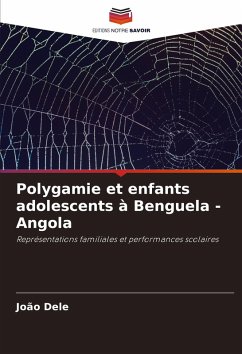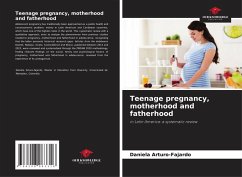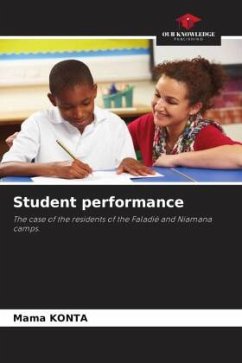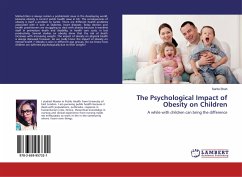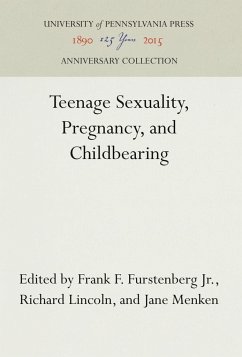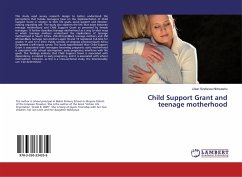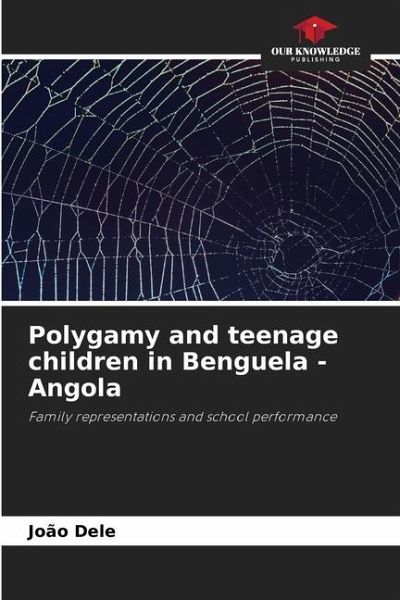
Polygamy and teenage children in Benguela - Angola
Family representations and school performance
Versandkostenfrei!
Versandfertig in 6-10 Tagen
17,99 €
inkl. MwSt.

PAYBACK Punkte
9 °P sammeln!
In African societies, polygamy is seen positively, as an acceptable and valid form of marriage, while monogamy has been associated with people of lower social status, which makes polygamy a product of power relations, with cultural, social, economic and political roots. Polygamy also has transcendental motives: the man who had the most children would guarantee himself and his family immortality. This study seeks to understand the implications of polygamy on the school performance of adolescent children. In going into the intricacies of polygamy, it does so by presenting reality, without enteri...
In African societies, polygamy is seen positively, as an acceptable and valid form of marriage, while monogamy has been associated with people of lower social status, which makes polygamy a product of power relations, with cultural, social, economic and political roots. Polygamy also has transcendental motives: the man who had the most children would guarantee himself and his family immortality. This study seeks to understand the implications of polygamy on the school performance of adolescent children. In going into the intricacies of polygamy, it does so by presenting reality, without entering into value judgments.



